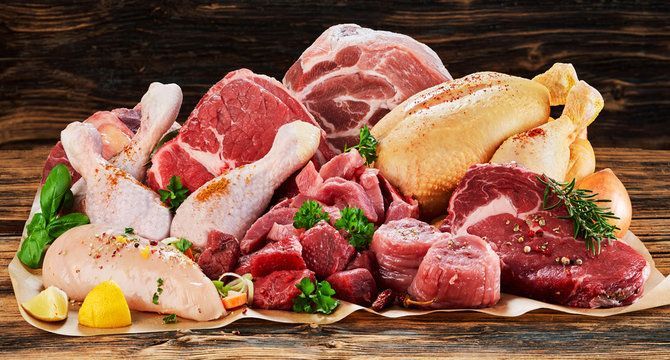Should you use protein powder?
Is it necessary?
Protein powder has long been a staple in the diets of athletes, bodybuilders, and fitness enthusiasts worldwide, touted for its convenience and effectiveness in meeting daily protein needs. However, the decision to incorporate protein powder into one's diet is often met with debate and scrutiny. In this article, we'll explore the pros and cons of using protein powder to help you make an informed decision about its inclusion in your nutritional regimen.
The Case for Protein Powder
Convenience and Accessibility
One of the primary benefits of protein powder is its convenience. With busy schedules and hectic lifestyles, many individuals struggle to consume adequate protein from whole food sources alone. Protein powder offers a quick and easy way to boost protein intake, whether as a post-workout shake, meal replacement, or snack on the go.
Protein Quality and Composition
Not all protein sources are created equal, and protein powder allows for precise control over the type and quality of protein consumed. Whey protein, in particular, is highly regarded for its superior amino acid profile and rapid absorption, making it an ideal choice for post-workout recovery. Other options, such as casein, soy, and pea protein, cater to different dietary preferences and restrictions, ensuring that individuals can find a suitable option to meet their needs.
Muscle Growth and Recovery
Protein is essential for muscle repair and growth, particularly in the context of resistance training. Consuming protein shortly after exercise can enhance muscle protein synthesis, facilitating recovery and adaptation to training stimuli. Protein powder provides a convenient and efficient way to replenish protein stores and promote muscle repair, helping individuals achieve their fitness goals more effectively.
Considerations and Caveats
Nutritional Adequacy
While protein powder can be a valuable addition to a balanced diet, it should not be viewed as a replacement for whole foods. Whole food sources of protein offer a wide array of essential nutrients, vitamins, and minerals that are lacking in many protein powders. Relying too heavily on protein powder at the expense of whole foods may result in nutrient deficiencies and compromise overall nutritional adequacy.
Cost and Affordability
Protein powder can be a costly investment, particularly for high-quality formulations and brands. While the convenience and efficacy of protein powder are undeniable, its affordability may be a barrier for some individuals, especially those on a tight budget. Prioritizing whole food sources of protein, such as lean meats, poultry, fish, eggs, dairy, legumes, and nuts, can be a more cost-effective alternative for meeting protein needs.
Dietary Preferences and Sensitivities
Not all protein powders are suitable for everyone. Individuals with lactose intolerance or dairy allergies may need to opt for plant-based alternatives such as pea protein, soy protein, or rice protein. Additionally, some individuals may experience digestive discomfort or bloating when consuming certain types of protein powder, necessitating experimentation to find a formulation that agrees with their digestive system.
Making an Informed Decision
The decision to use protein powder ultimately boils down to individual needs, preferences, and goals. For some, protein powder may serve as a convenient and effective way to boost protein intake and support muscle growth and recovery. For others, whole food sources of protein may offer a more sustainable and cost-effective approach to meeting nutritional needs.
Regardless of whether you choose to incorporate protein powder into your diet, it's essential to prioritize a balanced and varied intake of nutrient-dense foods to support overall health and well-being. By understanding the pros and cons of protein powder and considering your individual circumstances, you can make an informed decision that aligns with your goals and preferences.











